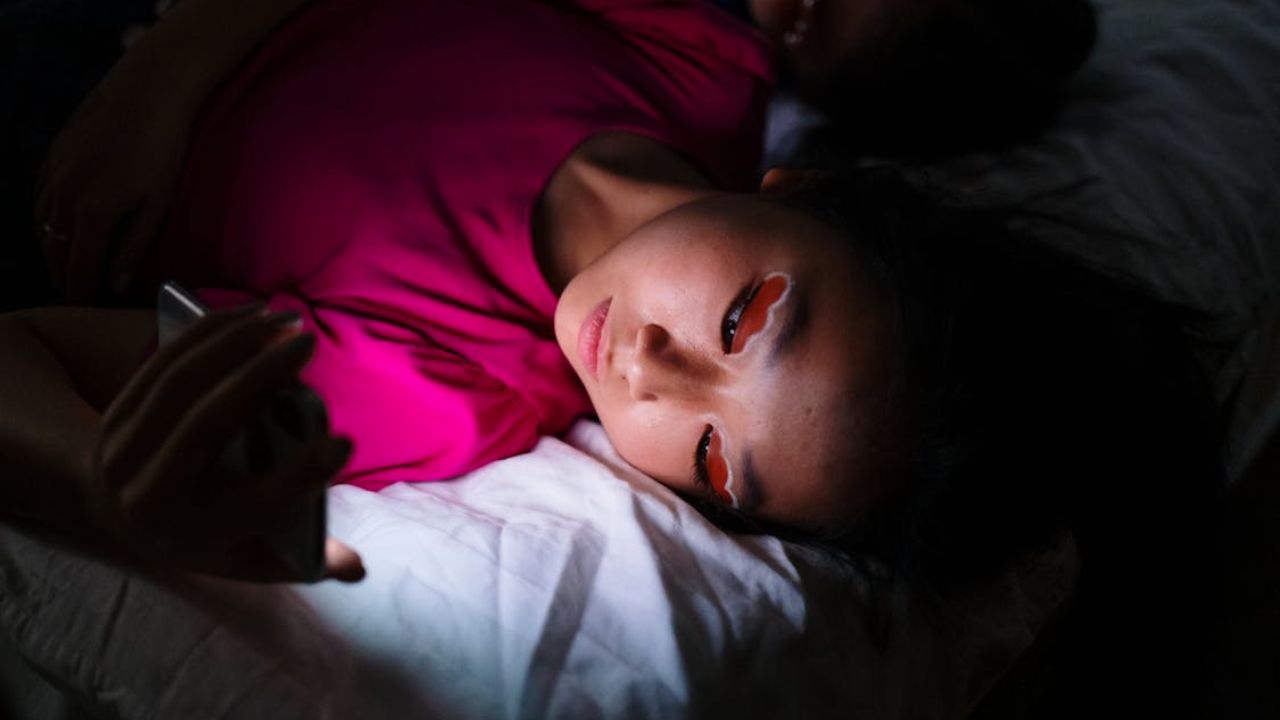 English
English

Screen exposure is the reason behind poor sleep cycles. Blue light lowers melatonin (sleep hormone). What are the Strategies for rebalancing your sleep cycle?

Blue light: Your sleep's worst enemy (Source: pexels)
New Delhi: Scrolling on your phone when lying in bed and feeling that you can’t sleep at night—this is due to the vast exposure to screens. Poor sleep is not only a problem; there are several health risks.
How your body’s sleep cycle works
Your sleep cycle is designed according to the circadian rhythm (sleep-wake cycle). This tells you when you must sleep and wake; this rhythm depends on hormone release, body temperature, cell regeneration, and even light and dark. When it gets dark, your body makes a sleep chemical called melatonin. Which makes you sleepy and helps you fall asleep. During the daytime, blue light from the sun helps you stay awake; blue light tells your brain it's daytime, and the brain signals the body to stay alert.
How watching the screen tricks your brain
Mostly at night, we are on screens, and the blue light emitted from phones, televisions, laptops, or any other device causes trouble. Your brain gets tricked, as the fall of blue light on your eyes makes it think that it’s not the time to fall asleep; your body stops making melatonin (sleep chemical), resulting in a poor sleep cycle and restlessness. Your body gets confused; with lower melatonin levels, you don’t get the required sleep. Your body's natural sleep schedule gets messed up.
Short-term and long-term health risks
Short-term problems:
Sleepiness, restlessness, fatigue, and difficulty concentrating/memory loss.
Mood disturbances such as irritability, anxiety, and short-term depression are common and dangerous microsleeps.
Long-Term Health Risks
Insufficient sleep significantly raises your risk for serious conditions, which include cardiovascular problems like high blood pressure, heart attack, and stroke.
Metabolic issue: Diabetes (type 2), weight gain, obesity, etc.
Hormonal imbalances: They’re directly linked to chronic depression and anxiety.

Wired all day, thanks to late-night screens. (Source: pexels)
Strategies for rebalancing your sleep cycle
Master your schedule:
Optimize Your Sleep Environment:
Embrace Good Sleep Hygiene:
No related posts found.